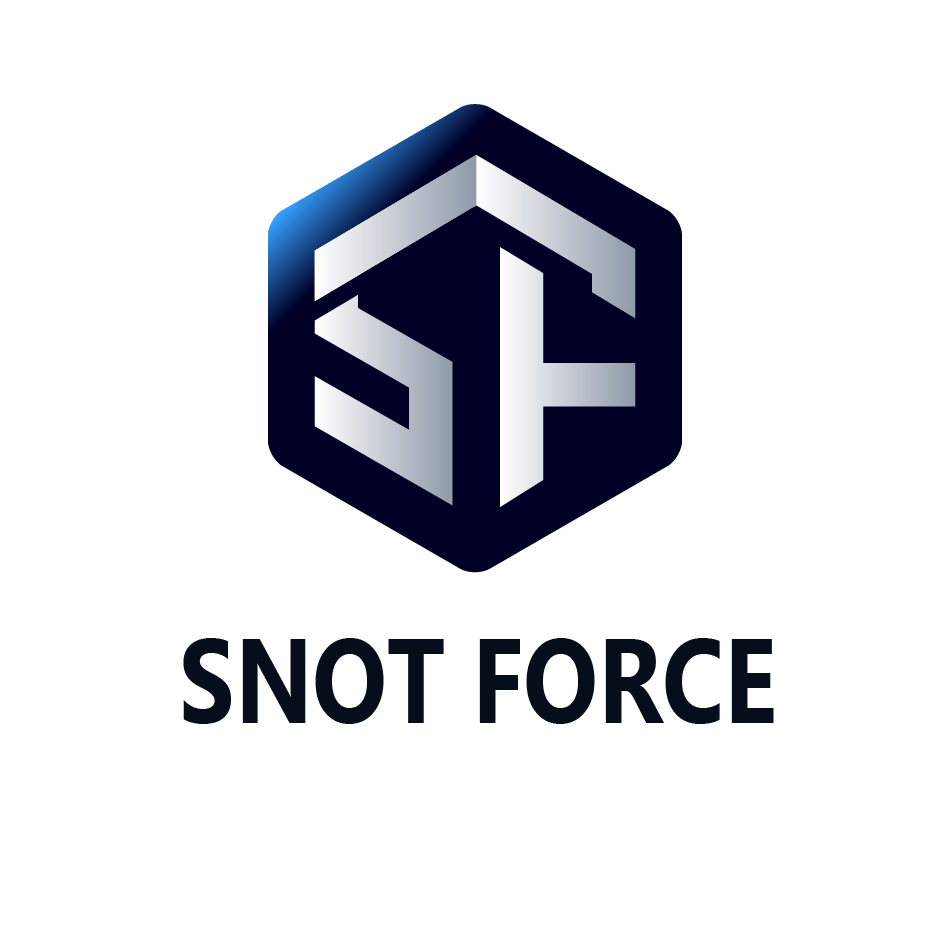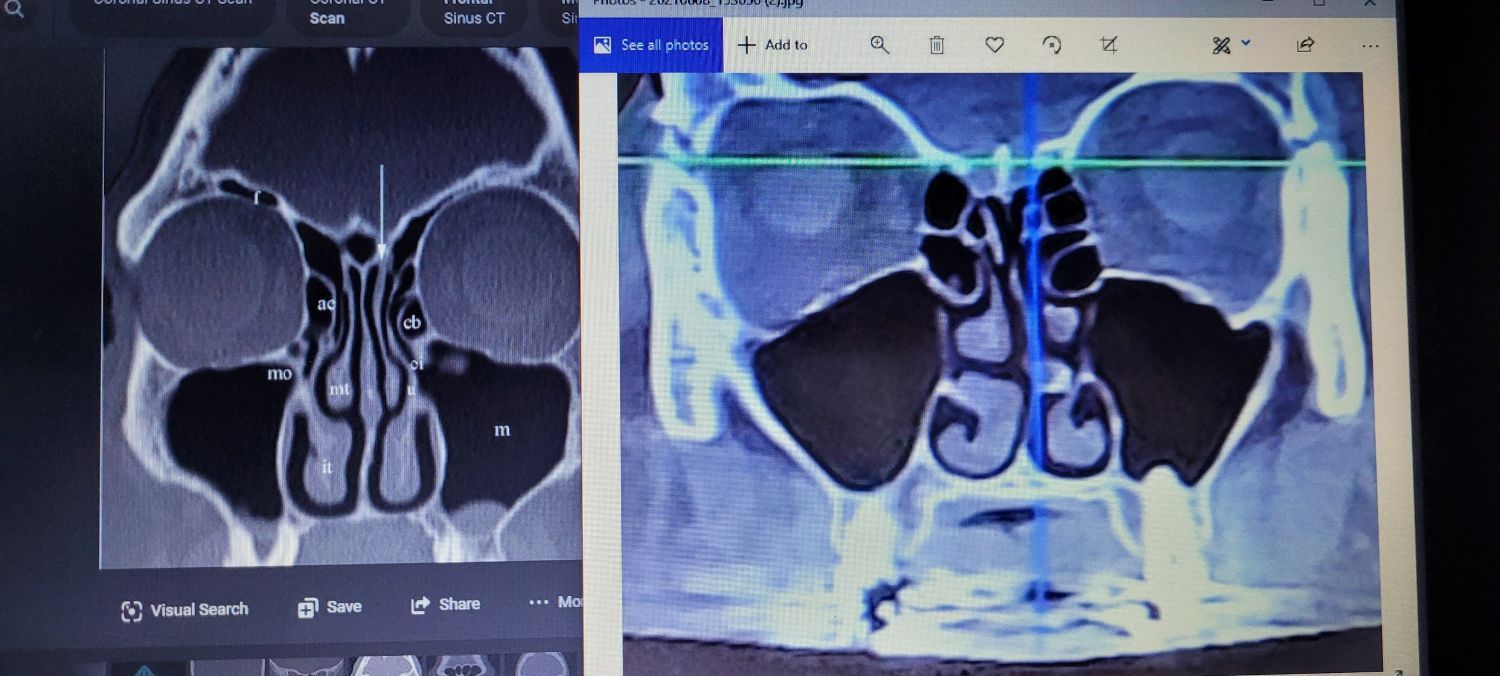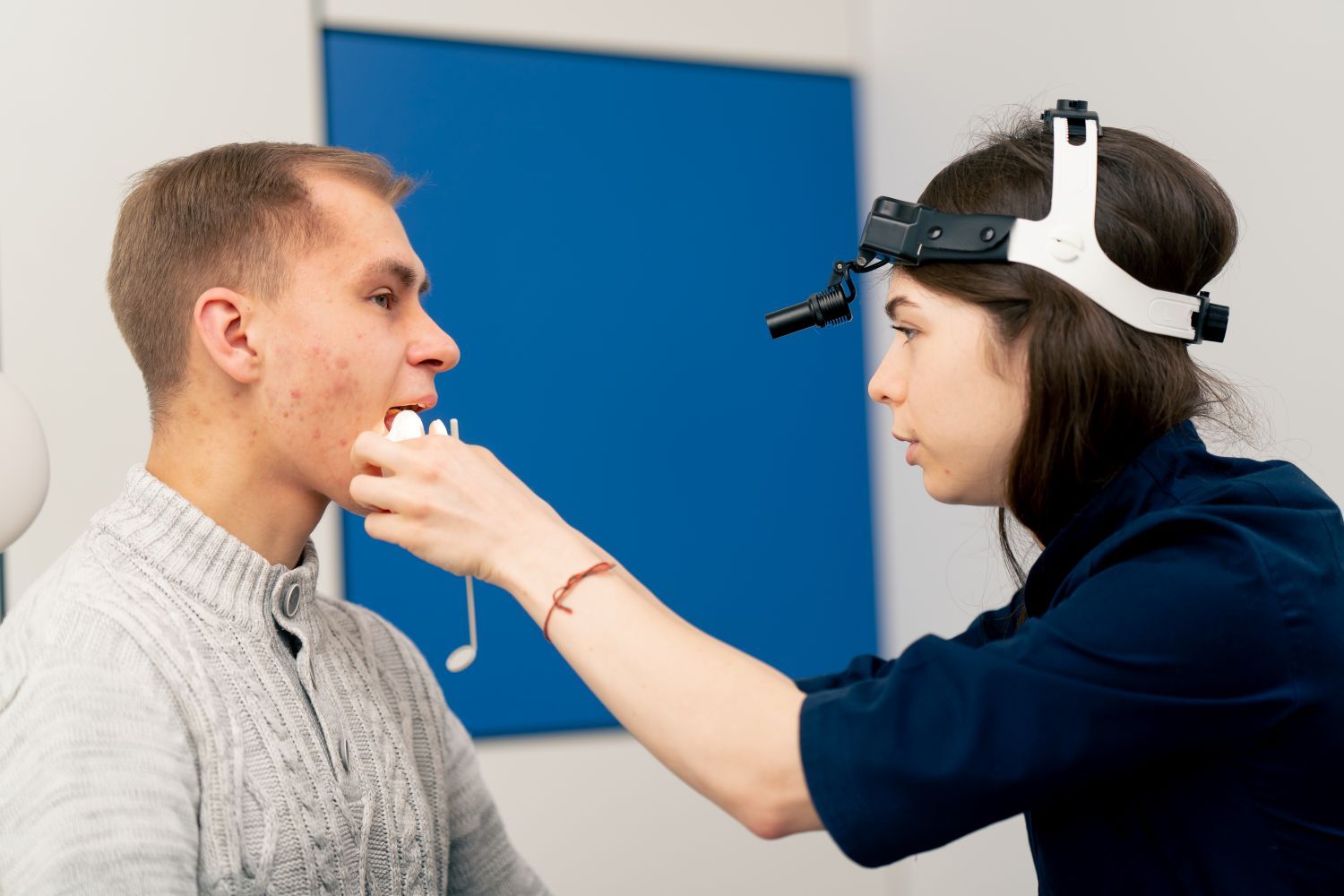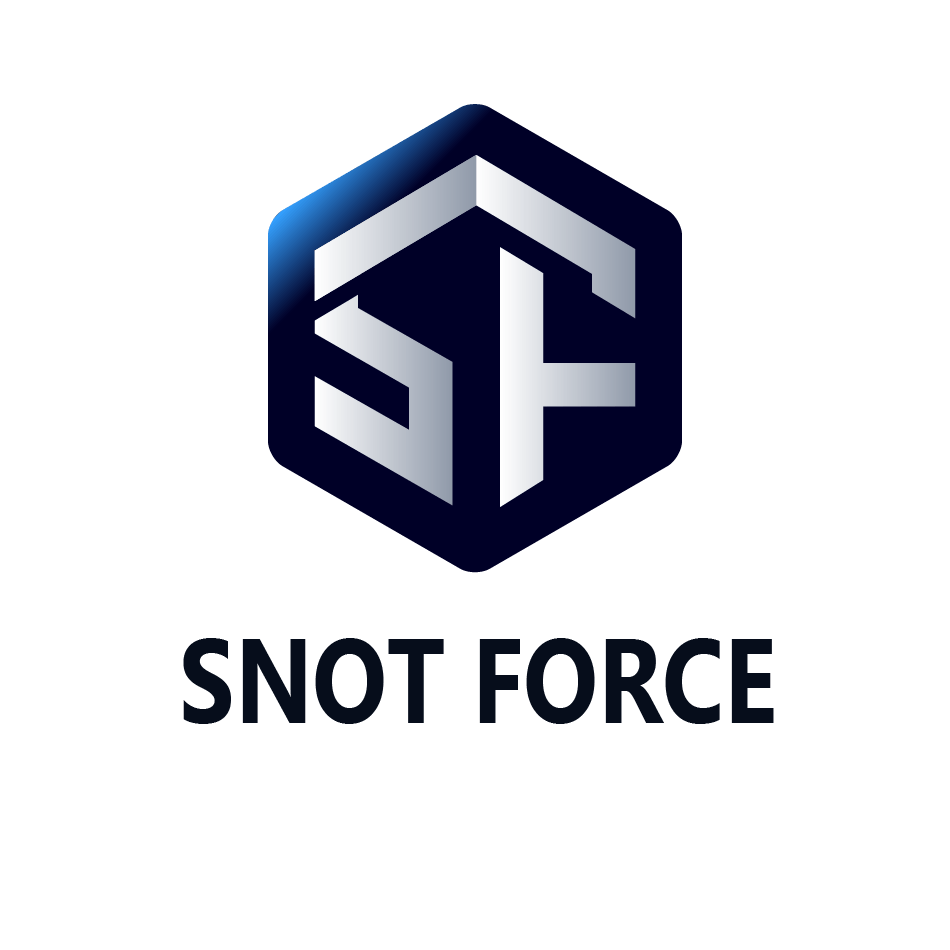Latest Research and Advances in Treating Severe Uncontrolled Asthma
Severe uncontrolled asthma poses a significant challenge in clinical practice, affecting millions of patients worldwide and leading to considerable morbidity and healthcare costs. Despite the availability of standard treatments, many patients find themselves trapped in a cycle of persistent symptoms and frequent exacerbations. However, recent advancements in research and innovative treatment options are providing new hope for the effective management of this complex condition.
Understanding Severe Uncontrolled Asthma
Severe uncontrolled asthma is characterized by persistent respiratory symptoms and exacerbations despite high-dose inhaled corticosteroids and additional controller medications. Patients often present with a range of symptoms, including wheezing, shortness of breath, chest tightness, and cough. Identifying the underlying mechanisms contributing to uncontrolled asthma is essential for developing targeted therapies.
Biologic Therapies: A Game Changer
Biologic therapies have significantly transformed the management landscape for severe uncontrolled asthma by specifically targeting inflammatory pathways involved in its pathophysiology. These therapies are particularly advantageous for patients with eosinophilic or allergic asthma. Key biologics include:
- Omalizumab: Omalizumab targets immunoglobulin E (IgE) and has shown efficacy in reducing exacerbations and improving asthma control in patients with allergic asthma. Recent studies have demonstrated its effectiveness in various age groups, including children and adolescents.
- Mepolizumab and Reslizumab: These monoclonal antibodies target interleukin-5 (IL-5), which plays a crucial role in eosinophil maturation and activation. Clinical trials have shown that these therapies significantly reduce eosinophil counts, leading to fewer exacerbations and improved lung function.
- Benralizumab: Benralizumab also targets IL-5 but uniquely induces eosinophil apoptosis. Studies have indicated that it provides a rapid onset of action and sustained improvement in asthma control.
- Tezepelumab: This newer biologic targets thymic stromal lymphopoietin (TSLP), a cytokine involved in the initiation of allergic inflammation. Recent research has shown that Tezepelumab can reduce asthma exacerbations across a broad patient population, regardless of eosinophil levels, making it a promising option for a wider range of severe asthma patients.
Molecule Therapies
In addition to biologics, small molecule therapies are gaining traction as effective treatments for severe uncontrolled asthma, particularly for patients who do not respond adequately to traditional inhaled medications or biologics. These therapies work by targeting specific inflammatory pathways involved in asthma pathophysiology, providing a more tailored approach to management. For example, Brensocatib, an oral drug that inhibits neutrophil serine proteases, has shown promise in reducing airway inflammation and improving lung function in clinical trials. Additionally, leukotriene receptor antagonists, such as montelukast, are commonly used to block the action of leukotrienes—potent mediators of inflammation that contribute to bronchoconstriction and mucus production. The convenience of oral administration and the ability to target distinct molecular mechanisms make small molecule therapies an exciting avenue in asthma treatment. Ongoing research continues to explore their efficacy and safety, with the potential to significantly enhance outcomes for patients struggling with severe uncontrolled asthma.
Discussion on Severe Uncontrolled Asthma at the 2024 KY Bourbon and Roses Symposium
The 2024 KY Bourbon and Roses Symposium featured a panel discussion on severe uncontrolled asthma, addressing the latest challenges and advancements in its management. Esteemed experts in the field shared their first-hand experience and cases. Attendees had the opportunity to engage in meaningful dialogue about the complexities of diagnosing and managing severe asthma and explored the impact of emerging research on clinical strategies. This session aimed to equip healthcare professionals with practical knowledge and tools to enhance patient outcomes, ultimately fostering a collaborative environment dedicated to improving the lives of those affected by severe uncontrolled asthma.
Stay tuned for more helpful tips from the Snot Force Alliance on how to provide better care for patients, and join our force today!












